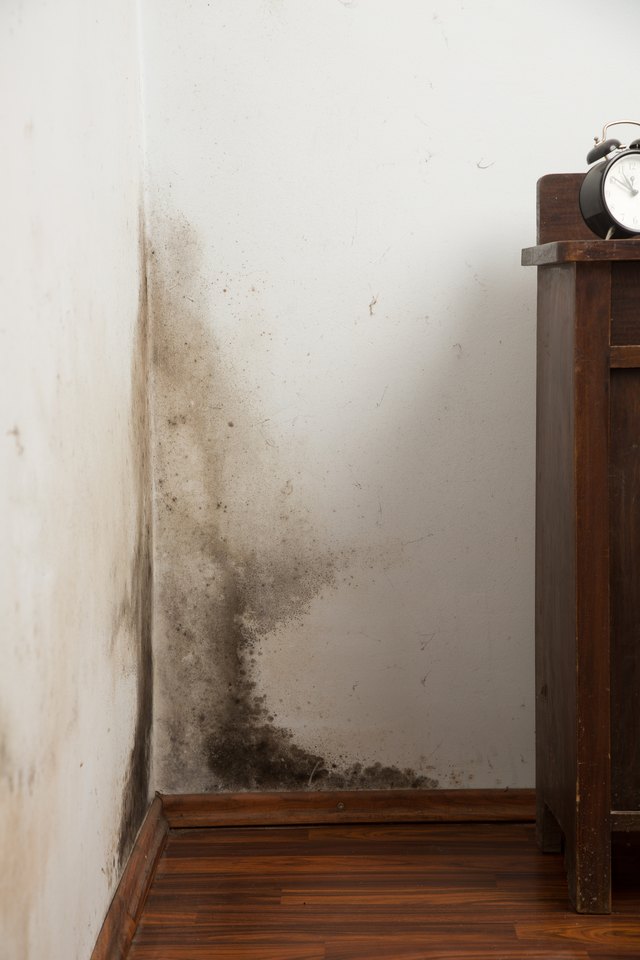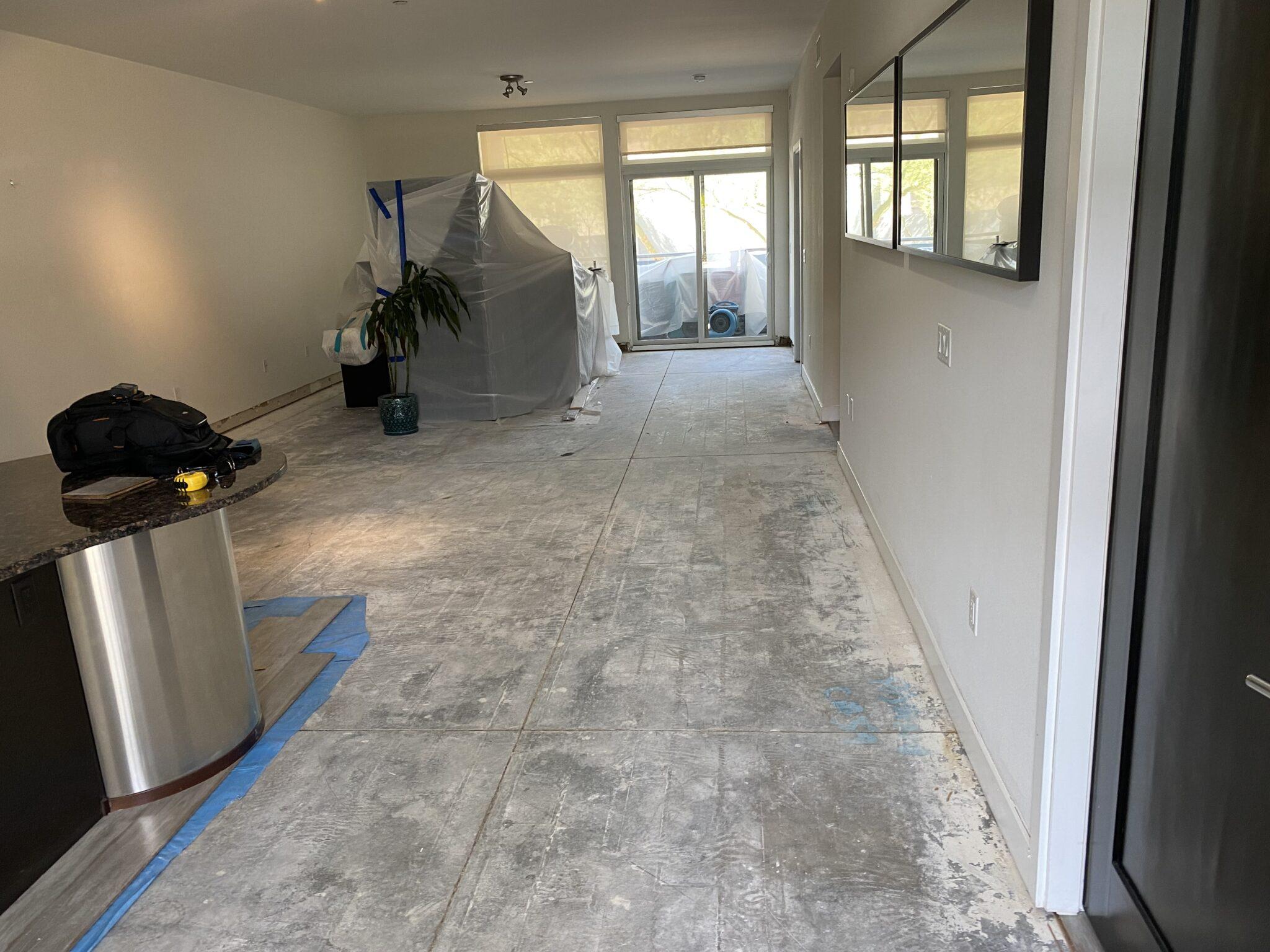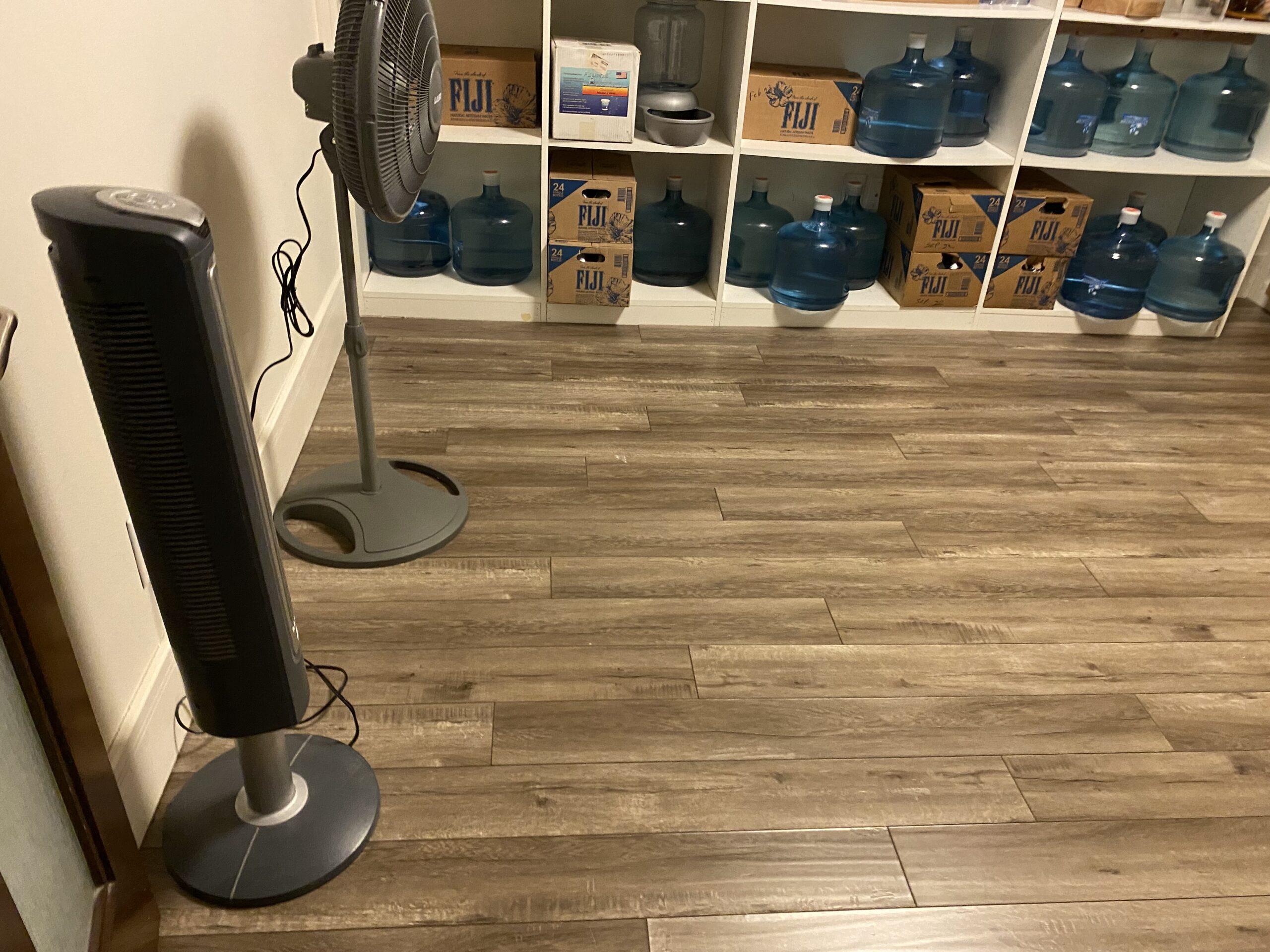Discovering mold in your apartment can be a distressing situation that raises important legal questions about tenant rights and lease agreements. If you're facing this issue, it's crucial to understand whether the presence of mold gives you the legal grounds to terminate your lease early. Mold not only affects the property's structural integrity but also poses significant health risks to tenants. From respiratory problems to allergic reactions, prolonged exposure to mold can severely impact your well-being. Therefore, understanding your rights as a tenant is essential in making informed decisions about your living situation.
While every state and jurisdiction has its own set of laws governing tenant-landlord relationships, most recognize that landlords have a duty to maintain habitable living conditions. When mold compromises the safety and health of residents, it could be considered a violation of the "implied warranty of habitability." This legal concept ensures that rental properties meet basic health and safety standards. If your apartment has mold, you may wonder, "Can I break the lease without penalty?" The answer depends on several factors, including the severity of the mold problem, local laws, and the terms of your lease agreement.
Before taking any drastic measures, it's advisable to communicate with your landlord and document the mold issue thoroughly. Many tenants assume they can simply vacate the property without consequences, but doing so without proper legal justification could lead to financial penalties or legal disputes. In this comprehensive guide, we will explore your rights as a tenant, steps to take when mold is discovered, potential legal actions, and whether "if my apartment has mold can I break the lease" is a viable option in your situation. Let's delve deeper into this critical topic to help you navigate this challenging situation effectively.
Read also:Unveiling The Truth Jada Pinketts Journey Beyond Sensationalism
What Should You Do First When Mold is Found in Your Apartment?
When you discover mold in your apartment, the first step is to act swiftly and responsibly. Mold growth indicates an underlying moisture problem that could worsen over time. Begin by identifying the source of the mold—common culprits include leaks, poor ventilation, or high humidity levels. Once you've pinpointed the cause, notify your landlord in writing, detailing the extent of the problem and requesting immediate action. Keep copies of all correspondence for future reference.
While waiting for your landlord's response, take precautionary measures to protect your health. Avoid spending extended periods in the affected area and use air purifiers to reduce spore exposure. If the mold issue is severe, consider consulting a professional remediation service for an assessment. Remember, your landlord is legally obligated to address health hazards promptly, so maintaining open lines of communication is key. This proactive approach not only demonstrates your commitment to resolving the issue but also strengthens your case if legal action becomes necessary.
Is Mold a Violation of the Implied Warranty of Habitability?
The implied warranty of habitability is a legal principle that requires landlords to provide tenants with safe and livable conditions. If your apartment has mold, it may constitute a breach of this warranty, depending on the severity and impact on your health. Courts generally consider mold a habitability issue when it creates an unsafe environment or prevents normal use of the property. For example, extensive black mold growth in critical living areas like bedrooms or kitchens could justify breaking the lease.
To determine whether mold violates the implied warranty, assess its scope and effects. Document visible mold with photos, noting the date and location. If possible, obtain a professional inspection report to substantiate your claims. This evidence will be invaluable if you need to pursue legal remedies or negotiate with your landlord. Remember, the implied warranty applies regardless of what your lease states, offering tenants protection against uninhabitable conditions.
Can You Break the Lease if the Landlord Fails to Act?
If your landlord neglects to address the mold problem after being notified, you may have grounds to terminate the lease. However, this step should only be taken after exhausting all reasonable efforts to resolve the issue amicably. In many jurisdictions, tenants can invoke the "repair and deduct" option, where they arrange for mold remediation themselves and deduct the costs from their rent. Alternatively, some states allow tenants to withhold rent until the landlord remedies the situation.
Before breaking the lease, ensure you comply with all legal requirements. Check your state's tenant laws and lease agreement for specific procedures. For instance, California law permits tenants to vacate the property if the landlord fails to fix habitability issues within a reasonable timeframe. On the other hand, New York tenants may need to file a formal complaint with the housing authority before terminating the lease. Always consult a legal expert to understand your rights and obligations in your jurisdiction.
Read also:Exploring The Serenity Of Leo At Sanctuary A Detailed Insight
What Are Your Legal Options if My Apartment Has Mold Can I Break the Lease?
When faced with persistent mold issues, tenants have several legal avenues to explore. If your landlord refuses to act despite multiple requests, you may consider filing a complaint with local housing authorities or pursuing small claims court. These actions can compel landlords to address the problem and provide compensation for damages. Additionally, some states offer mediation services to help resolve disputes amicably without escalating to litigation.
Another option is to seek temporary relocation assistance while the mold is being remediated. Many jurisdictions require landlords to cover relocation costs during major repairs that render the property uninhabitable. If your landlord fails to comply, breaking the lease may be your only recourse. However, proceed cautiously, as improper termination could result in legal consequences. Always document every interaction with your landlord and keep detailed records of all expenses incurred due to the mold issue.
How to Prove Mold is the Reason for Breaking the Lease?
To successfully argue that mold justifies breaking the lease, you must gather compelling evidence. Start by documenting the mold's presence through photographs, videos, and written descriptions. Include timestamps and measurements to illustrate the problem's progression over time. If possible, obtain a professional inspection report confirming the mold type, concentration levels, and potential health risks.
- Collect medical records linking your health issues to mold exposure.
- Save all correspondence with your landlord regarding the mold problem.
- Keep receipts for any expenses related to mold remediation or temporary housing.
This comprehensive evidence package will strengthen your case if you need to prove the necessity of breaking the lease. Courts and housing authorities often rely on documented proof to determine whether a tenant acted reasonably under the circumstances.
Is It Worth Breaking the Lease Over Mold?
Deciding whether to break the lease due to mold depends on various factors, including the severity of the issue, your financial situation, and the legal landscape in your area. While breaking the lease may seem like the simplest solution, it comes with potential risks, such as liability for remaining rent payments or negative impacts on your rental history. Carefully weigh these considerations before making a final decision.
Consider alternative solutions, such as negotiating a lease termination agreement with your landlord or finding a replacement tenant to assume your lease. These approaches can minimize financial losses and preserve your reputation as a responsible tenant. However, if the mold poses an immediate threat to your health and safety, and your landlord remains unresponsive, breaking the lease may be the most prudent choice. Consult a legal professional to explore all available options and ensure compliance with applicable laws.
What Should You Do After Breaking the Lease Due to Mold?
If you decide to break the lease because of mold, take immediate steps to protect your interests. Notify your landlord in writing, explaining your reasons and providing supporting documentation. Move out promptly to avoid further exposure to harmful mold spores. Upon vacating the property, conduct a thorough walk-through with your landlord to document its condition and ensure fair treatment of your security deposit.
After leaving the apartment, monitor your health closely and seek medical attention if symptoms persist. Mold exposure can cause long-term health effects, so addressing any lingering issues is crucial. Additionally, report the mold problem to local housing authorities to prevent future tenants from facing similar challenges. Sharing your experience with others can raise awareness about tenant rights and promote safer living environments.
Can I Sue My Landlord If My Apartment Has Mold Can I Break the Lease?
In extreme cases, tenants may choose to sue their landlords for failing to maintain habitable living conditions. If mold in your apartment caused significant health problems or property damage, legal action could provide compensation for your losses. Consult an experienced attorney specializing in landlord-tenant law to assess the viability of your case. They can help you navigate the complexities of filing a lawsuit and increase your chances of success.
When pursuing litigation, prepare a strong case by presenting documented evidence of the mold issue, its impact on your life, and your landlord's negligence. Court proceedings can be time-consuming and costly, so weigh the potential benefits against these drawbacks. In some instances, settling out of court may offer a quicker resolution while still securing fair compensation for your damages.
What Are the Long-Term Implications of Breaking the Lease Over Mold?
Breaking the lease due to mold can have lasting consequences, both positive and negative. On one hand, it allows you to escape an unhealthy living environment and potentially avoid further health complications. On the other hand, it might affect your credit score or create challenges when applying for future rentals. Some landlords may view lease terminations unfavorably, even when justified by legitimate reasons like mold.
To mitigate these risks, maintain open communication with your current and future landlords. Provide explanations and supporting documentation whenever necessary to demonstrate the validity of your actions. Over time, positive references and responsible tenancy practices can rebuild trust and improve your rental prospects. Remember, standing up for your rights as a tenant is essential for ensuring safe and healthy living conditions.
Conclusion: Prioritize Your Health and Safety
Dealing with mold in your apartment is a serious matter that requires careful consideration and decisive action. While the question "if my apartment has mold can I break the lease" doesn't have a one-size-fits-all answer, understanding your rights and obligations empowers you to make informed decisions. Always prioritize your health and well-being, and don't hesitate to seek legal advice when necessary. By following the steps outlined in this guide, you can navigate this challenging situation effectively and protect your interests as a tenant.
Table of Contents
- What Should You Do First When Mold is Found in Your Apartment?
- Is Mold a Violation of the Implied Warranty of Habitability?
- Can You Break the Lease if the Landlord Fails to Act?
- What Are Your Legal Options if My Apartment Has Mold Can I Break the Lease?
- How to Prove Mold is the Reason for Breaking the Lease?
- Is It Worth Breaking the Lease Over Mold?
- What Should You Do After Breaking the Lease Due to Mold?
- Can I Sue My Landlord If My Apartment Has Mold Can I Break the Lease?
- What Are the Long-Term Implications of Breaking the Lease Over Mold?
- Conclusion: Prioritize Your Health and Safety


